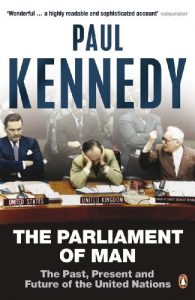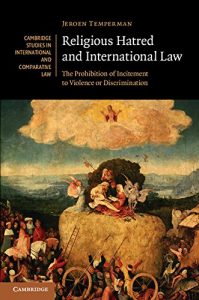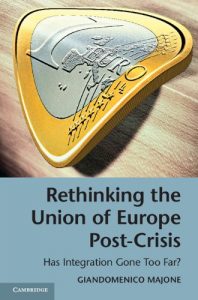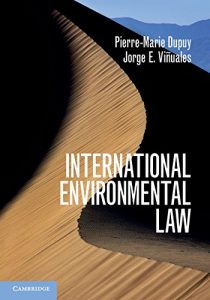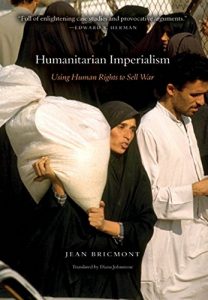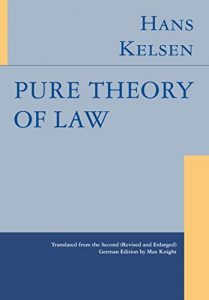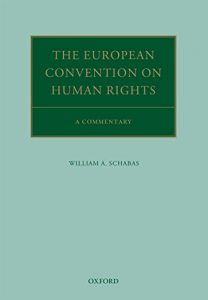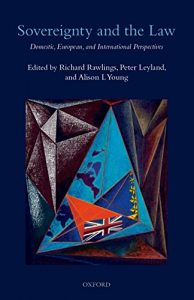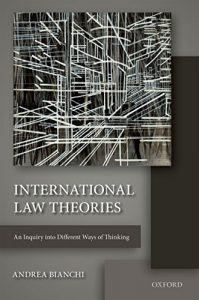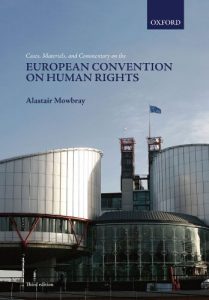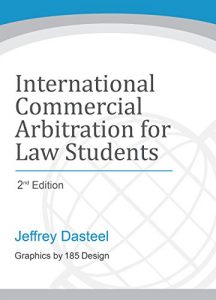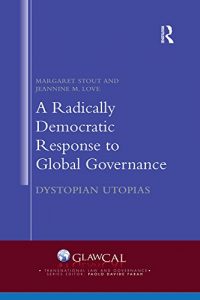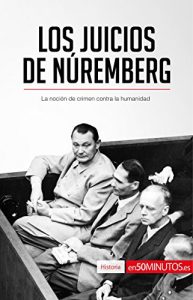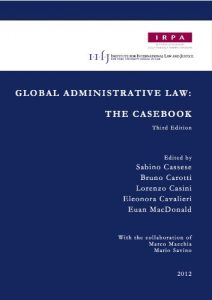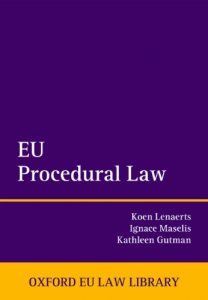I 99eBooks è una directory di eBook. Cerchiamo e classificato intorno alle eBooks Web per te!
Tutti i diritti riservati. I libri e libri elettronici sono di proprietà dei rispettivi proprietari.
The Parliament of Man: The Past, Present and Future of the United Nations
In the course of the twentieth century, there occurred a development unique in the story of humankind. States, which had defined themselves from Thucydides to Bismarck by their claims to sovereign independence, gradually came together to create international organizations to promote peace, curb aggression, regulate diplomatic affairs, devise an international code of law, encourage social development and foster prosperity. The emergence of this network of global governance was not straightforward and the debate about its role is just as heated today as it was generations ago. In this long-awaited new book, Paul Kennedy, probably the best-selling historian now living, examines this key development in the history of our century. Beginning with the earliest forms of international organization, he goes on to trace the creation and changing role of the UN in the postwar era, and finally suggests how, in the face of new threats to security and the continued vigour of at least some nation states, the institution will need to change over the course of the twenty-first century, arguing that we all share the responsibility to make the only world organization we possess work as well as possible.
